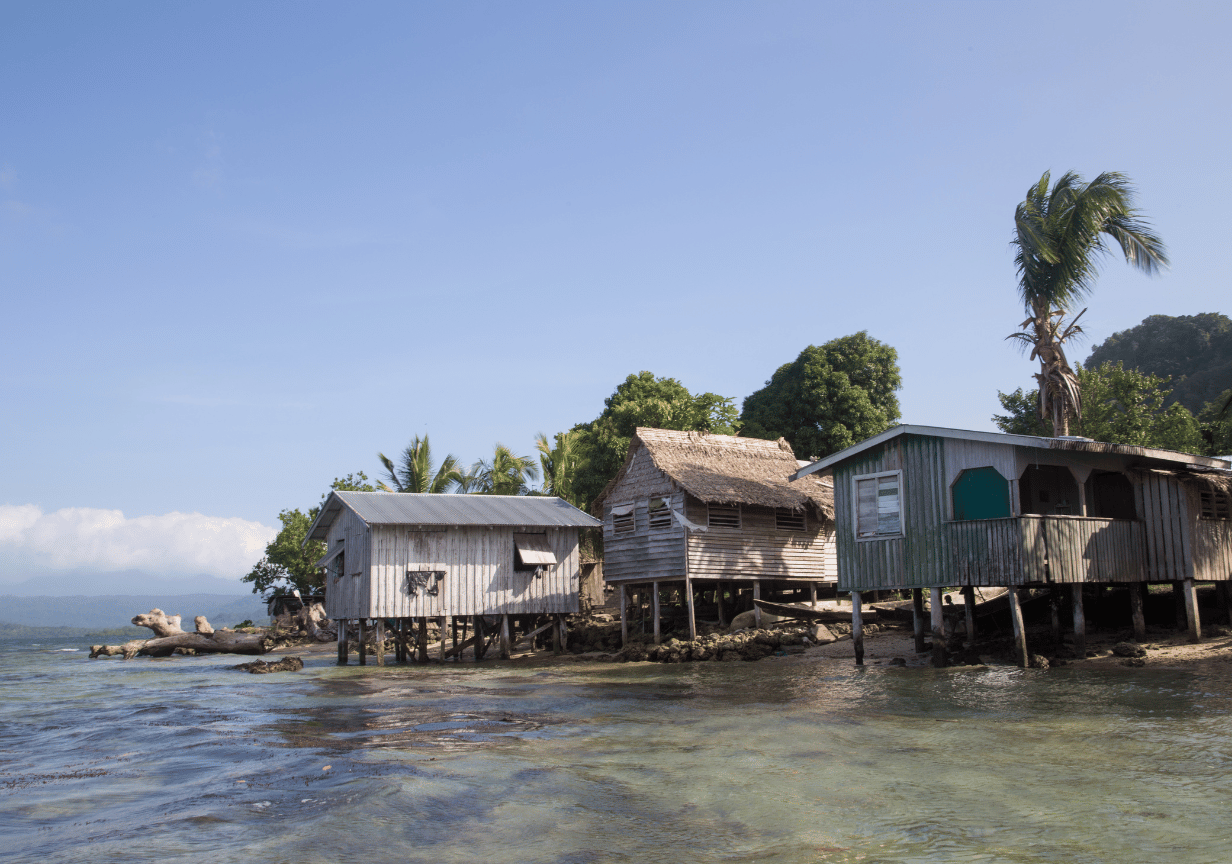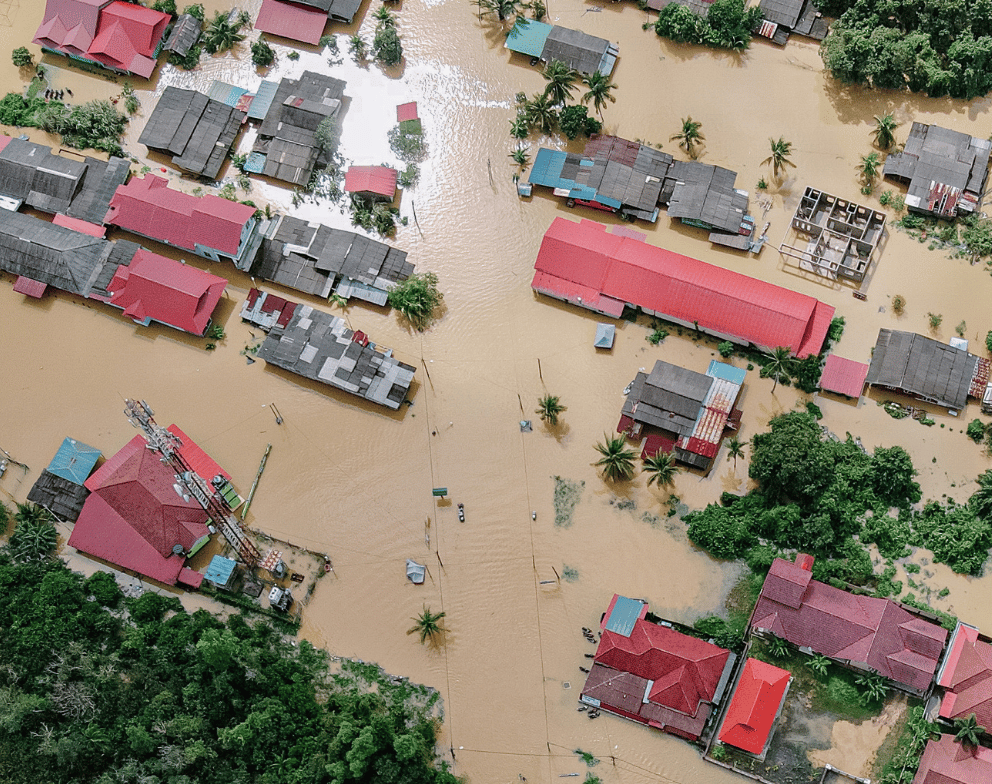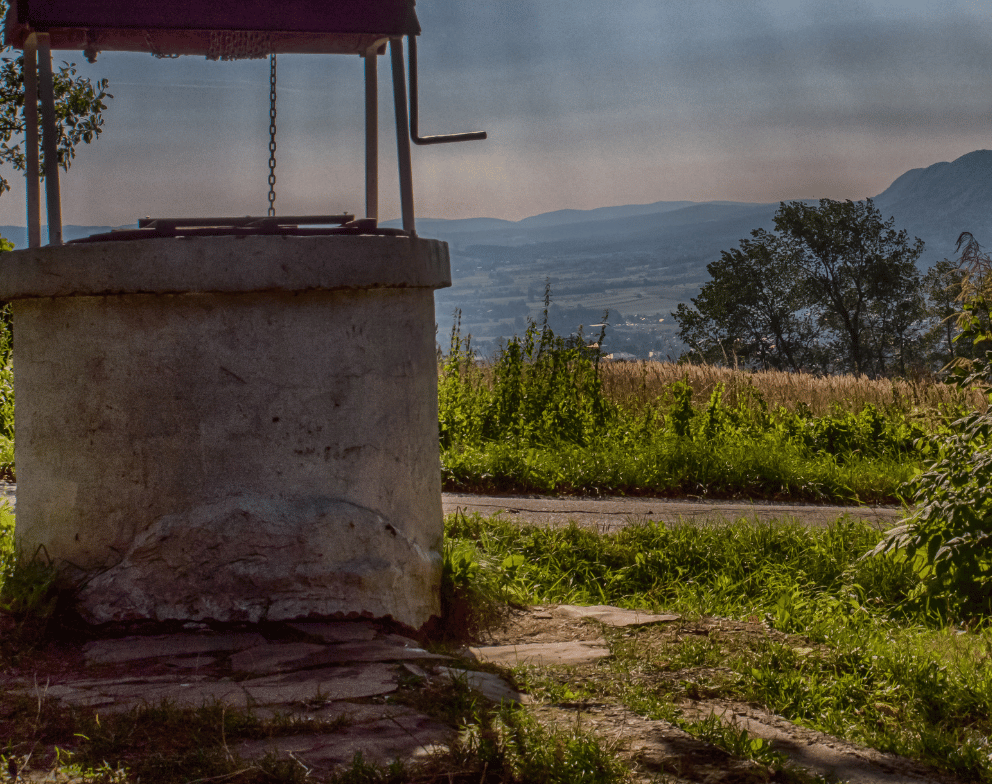Working in Partnership
In a partnership with the Anglican Church of Melanesia, the aim of this project is to enhance the inhabitant’s resilience and well being so that they can not only survive these events, but thrive in their environment.
The project has a 2 year timeframe and covers three critical areas:





